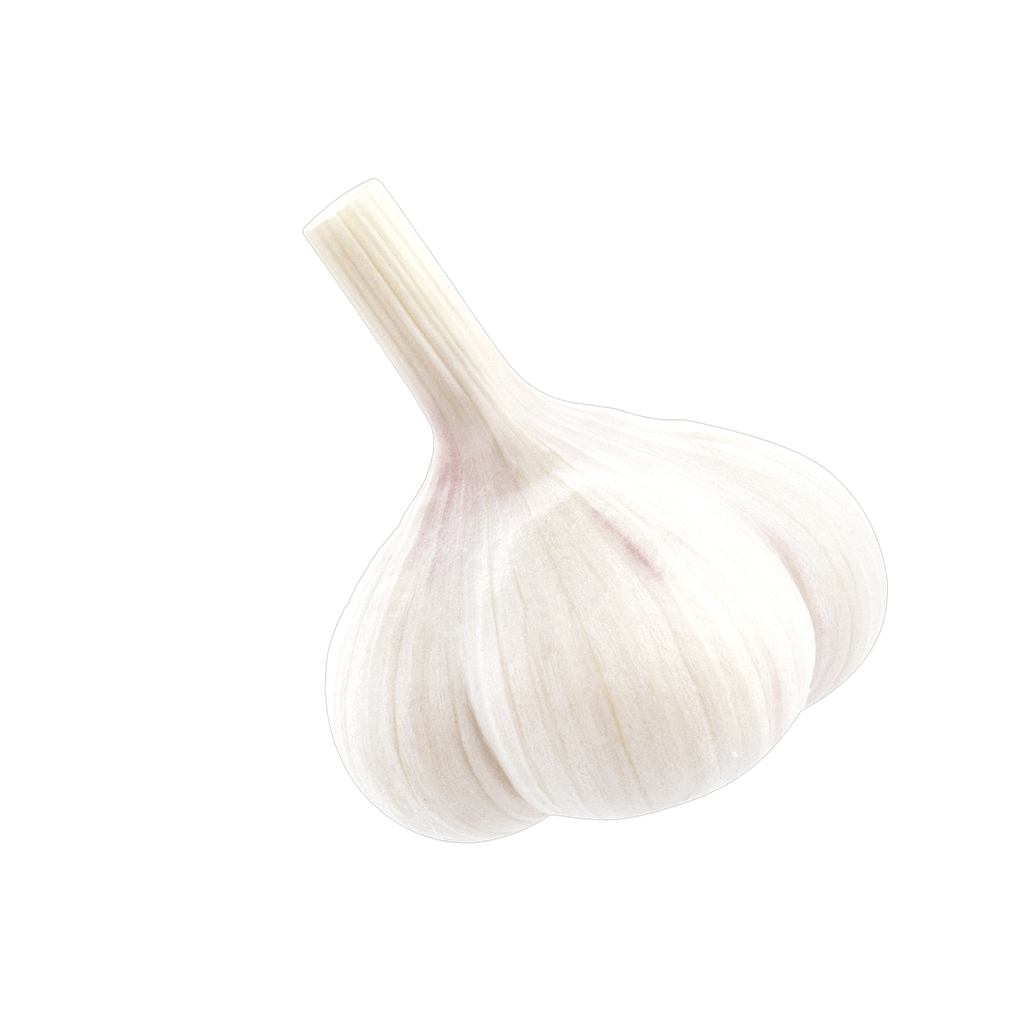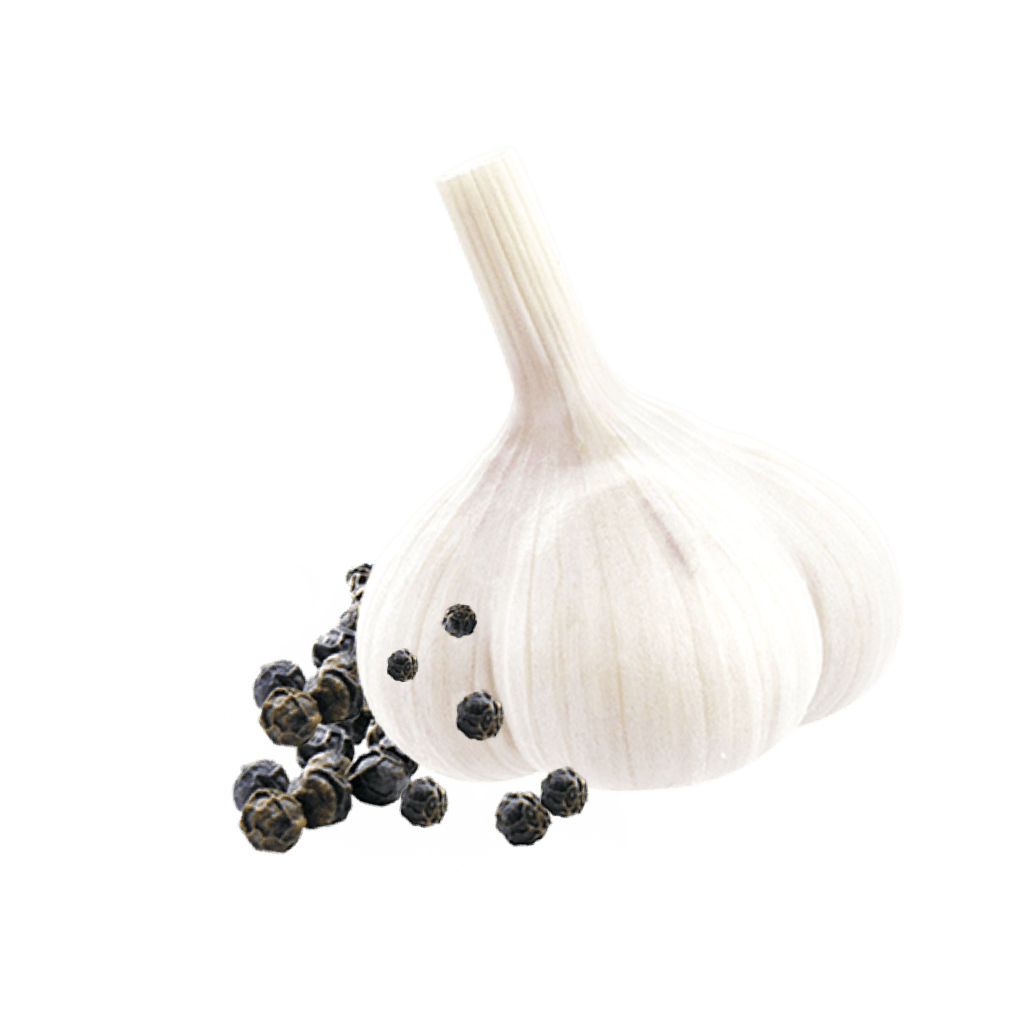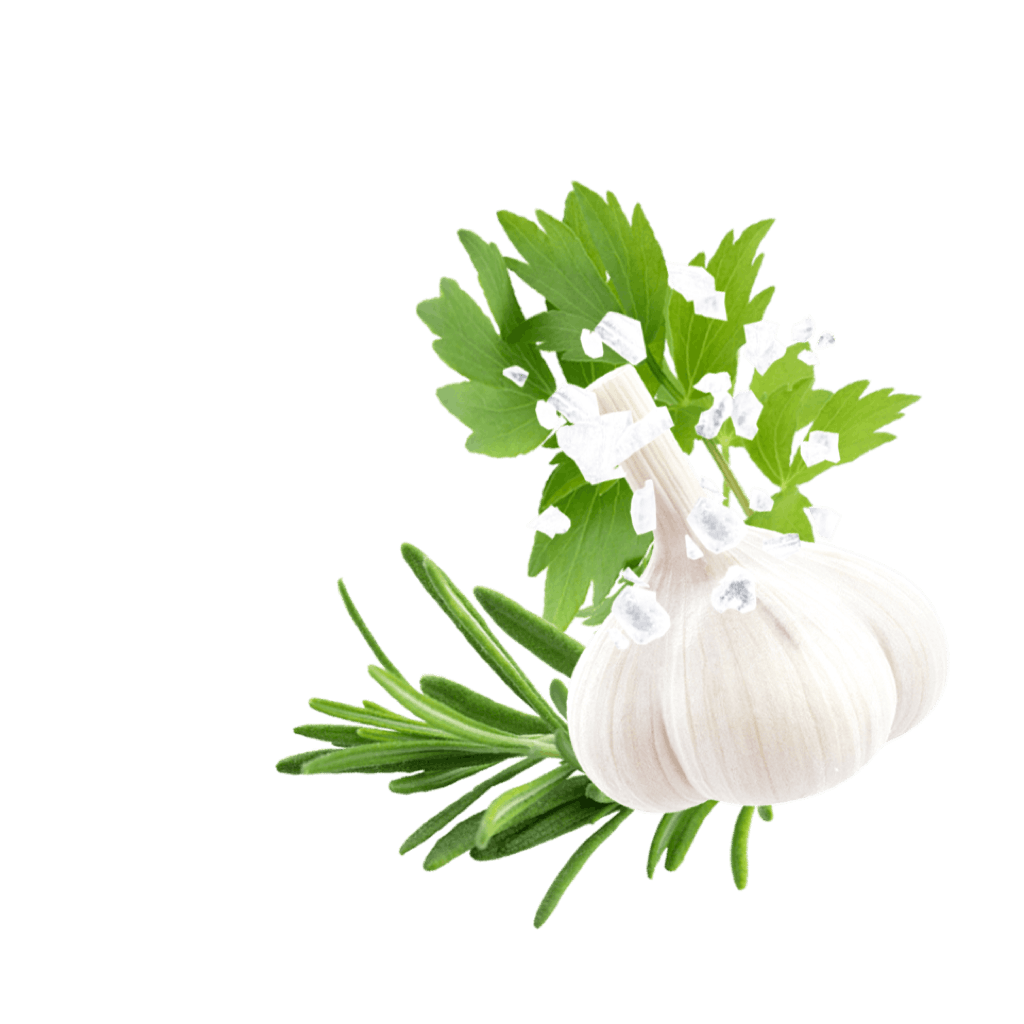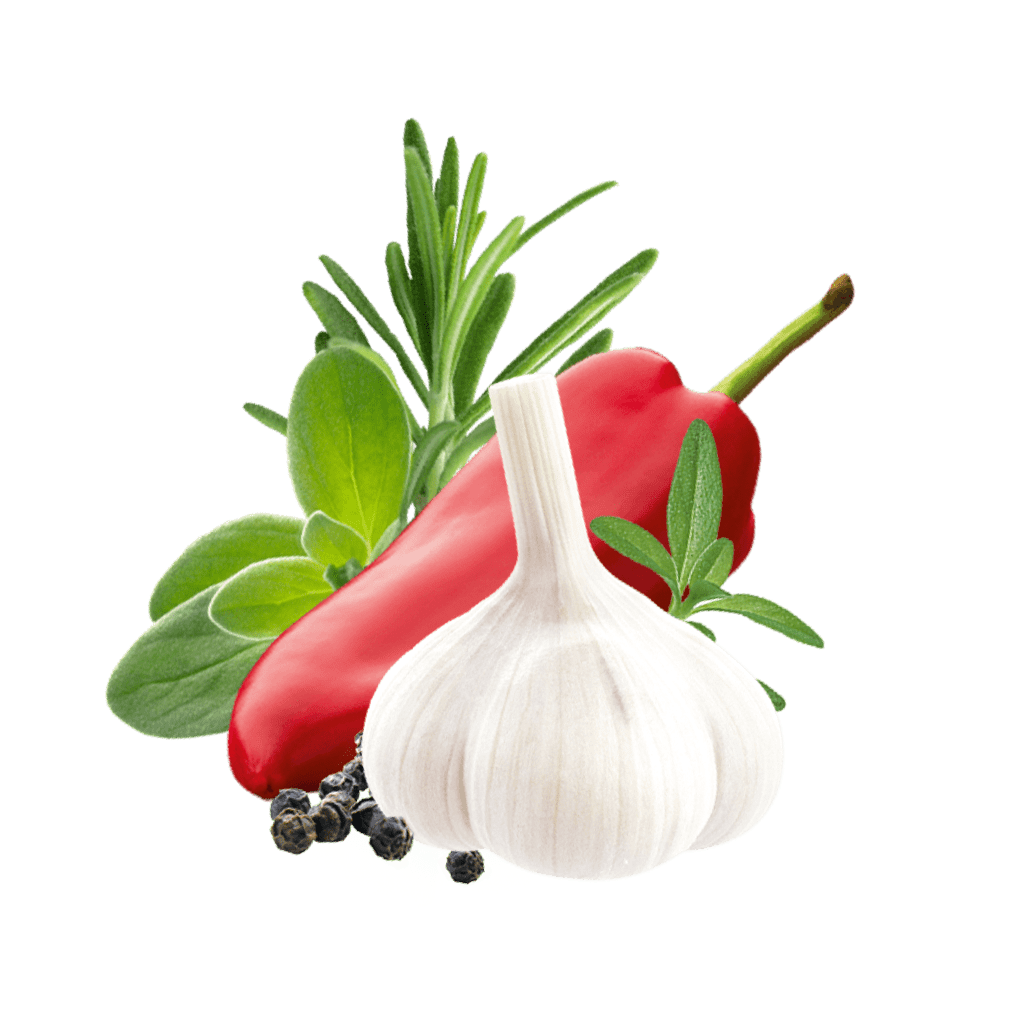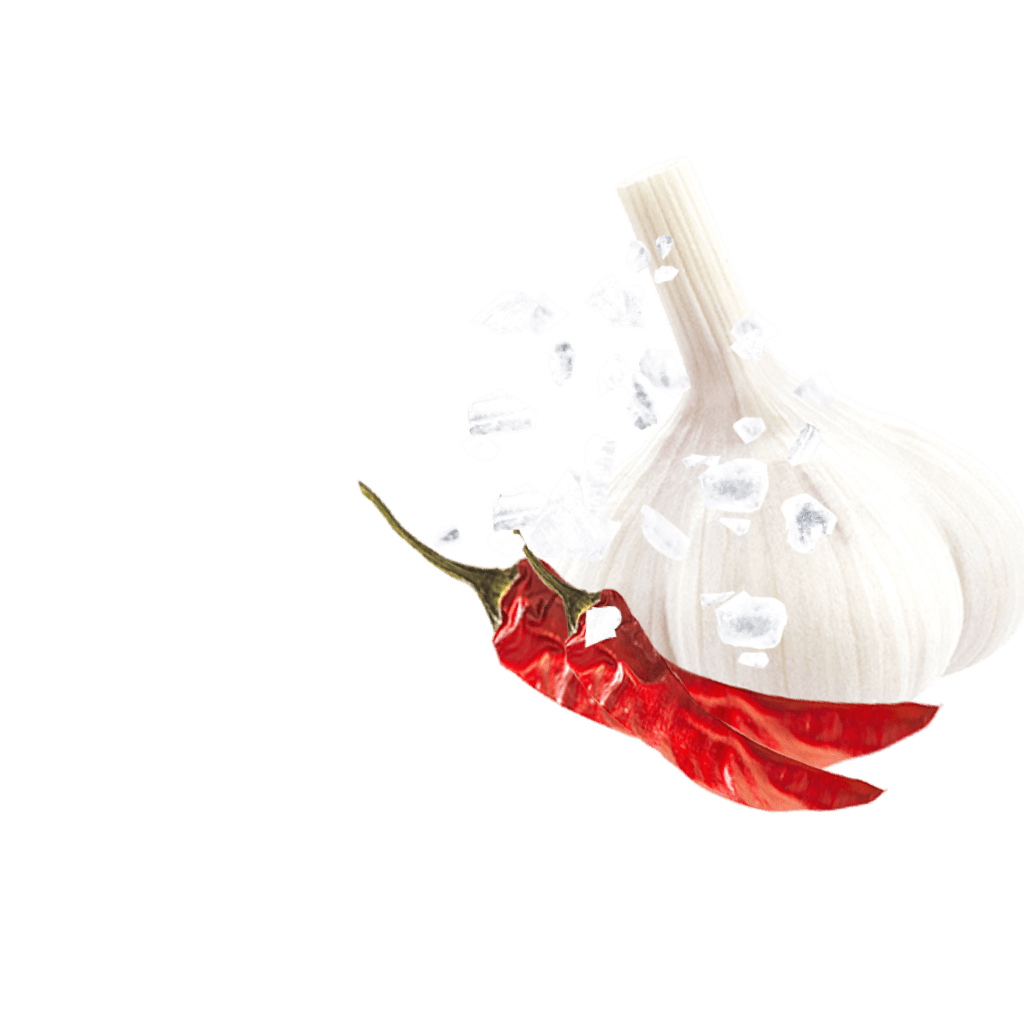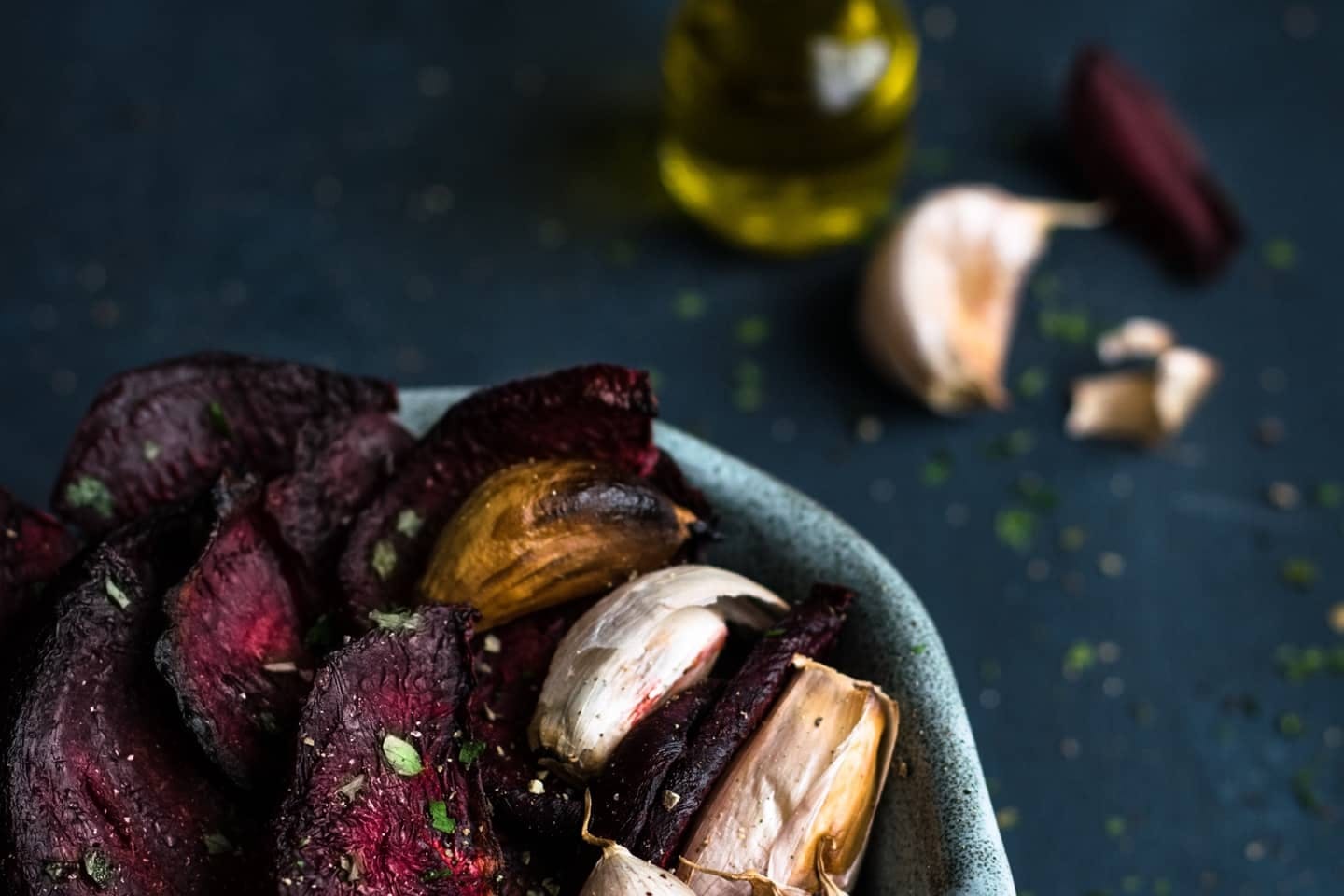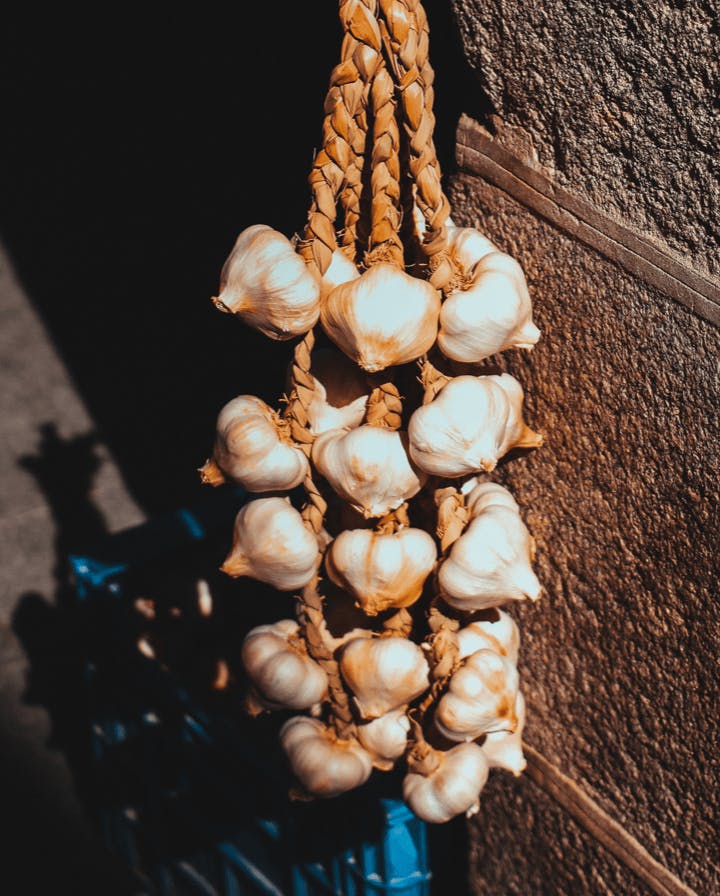Garlic

The flavor of garlic ranges from strong and intense to sweet and hot. These medicinal bulbs are even credited with aiding the construction of the Egyptian pyramids.
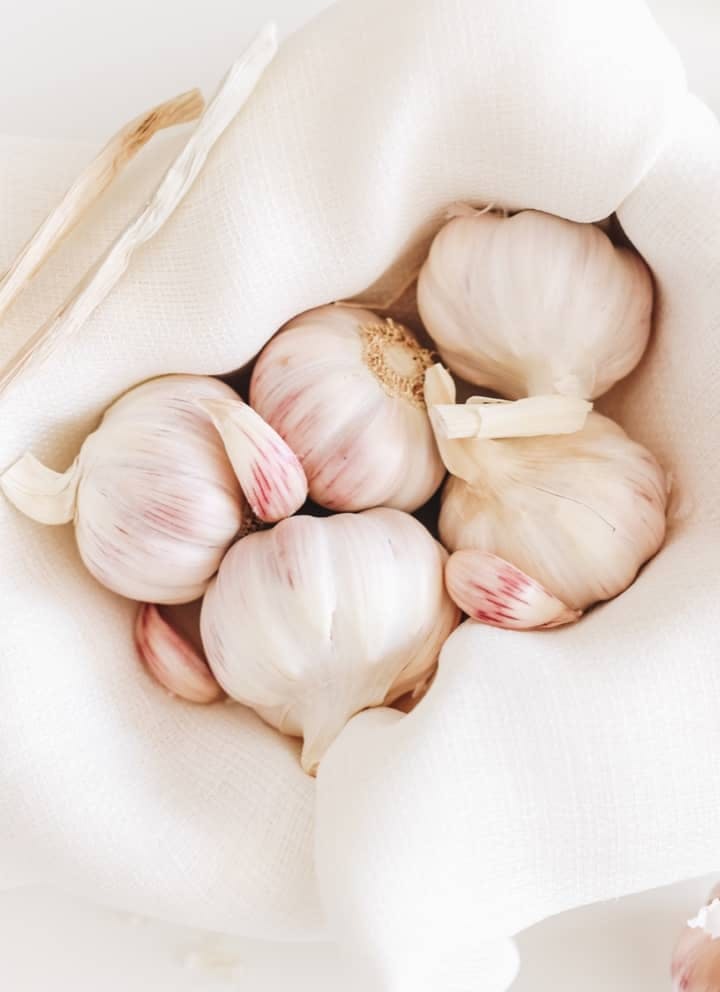
Garlic as a Spice
Apart from pepper, no spice is as versatile as garlic. Its versatile flavor changes depending on how you use it. Whole, pressed, chopped, dried, roasted — the method of preparation is key to shaping its flavor. Usually, though, garlic is sweet and intense. In ancient Egypt, it was given to the pyramid builders to give them strength and keep them healthy. In the ancient world, garlic was widely associated with soldiers and the poor — the Roman upper class eschewed the odor of the bulb. Today, its flavor can be found in virtually all cuisines around the world.
Products Containing Garlic
Usage
Garlic is super versatile and lends a full-bodied, savory flavor to salads, cheese and vegetable dishes, pasta, meat dishes and occasionally even sweet dishes. The heat of the raw bulb disappears when it is cooked, letting its sweet, piquant flavor shine through. Garlic goes well with almost all spices, particularly ginger, pepper and chili. Pressed or chopped garlic should only be exposed to air for a very short time as otherwise it develops an unpleasant flavor. Garlic also shouldn’t be browned too much, as this causes a slightly bitter taste.
Tip!
Chopped parsley helps to eliminate mild garlic breath after eating.
Related recipes
Currently Viewing: 1 of 0
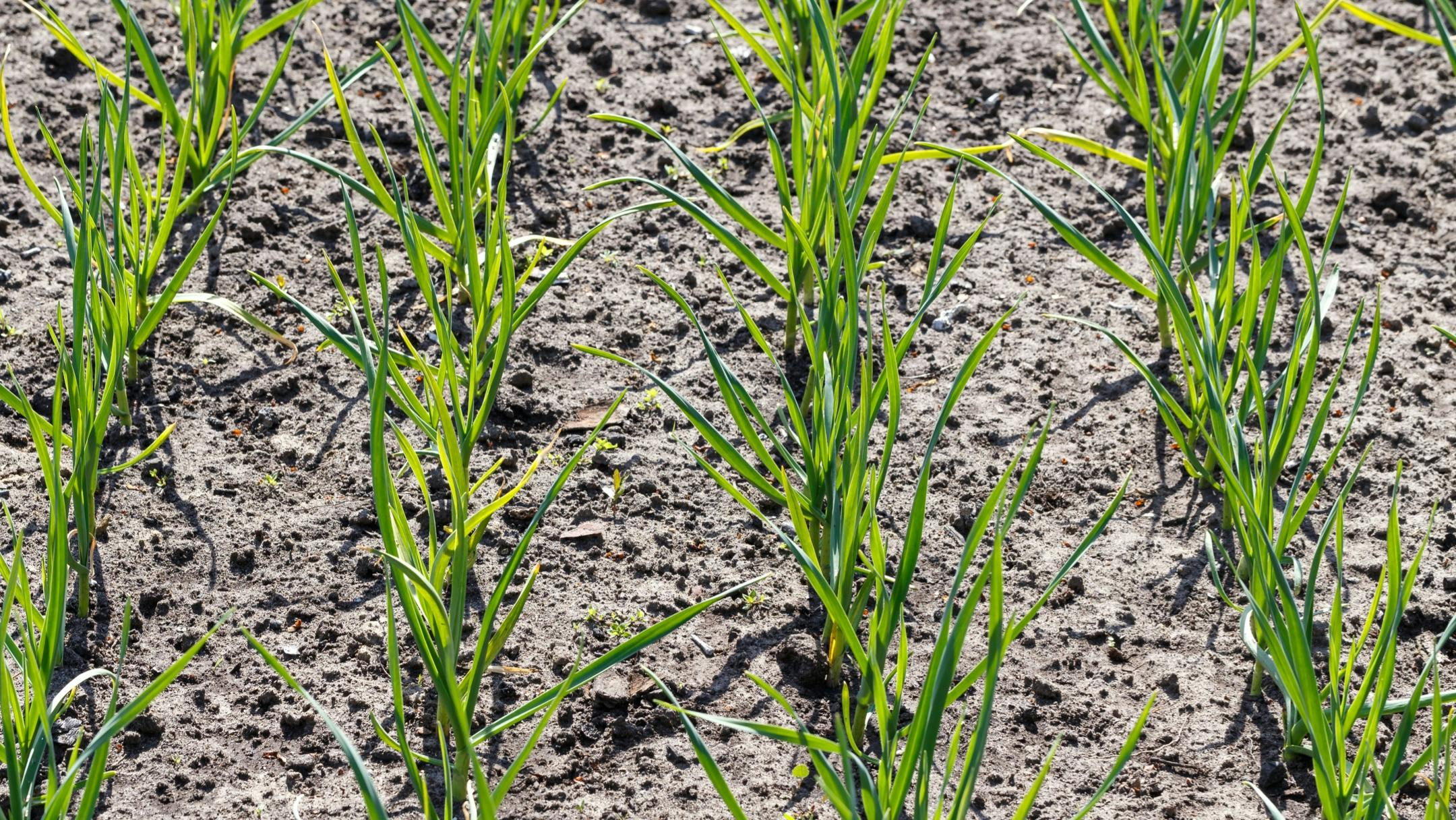

The Plant
There are almost 100 different varieties of garlic worldwide, each with its own culinary significance. There are two different types of garlic: Multi-clove garlic has up to 20 small cloves, while pearl garlic consists of just one. Garlic is grown around the world, particularly in Southern Europe, California and Taiwan. China also produces large crops of garlic — there, the garlic plant is not only valued highly in the kitchen, but also in Chinese mythology, according to which garlic protects against the “evil eye.”
Factbox
- Scientific Name
- Allium sativum
- Family
- Amaryllis family (Amaryllidaceae)
- Other Names
- Ail, stinking rose, nectar of the gods
- Origin
- Central Asia to Iran
Discover more
Ginger



